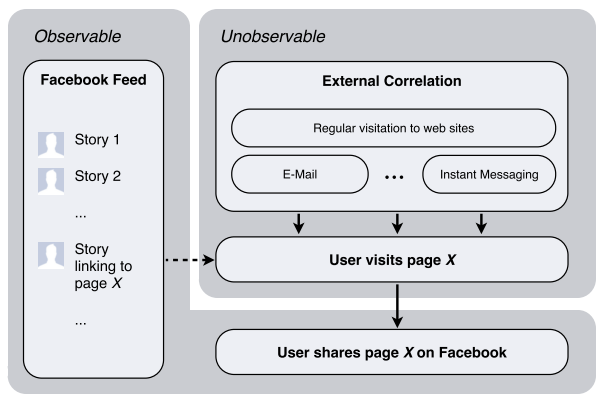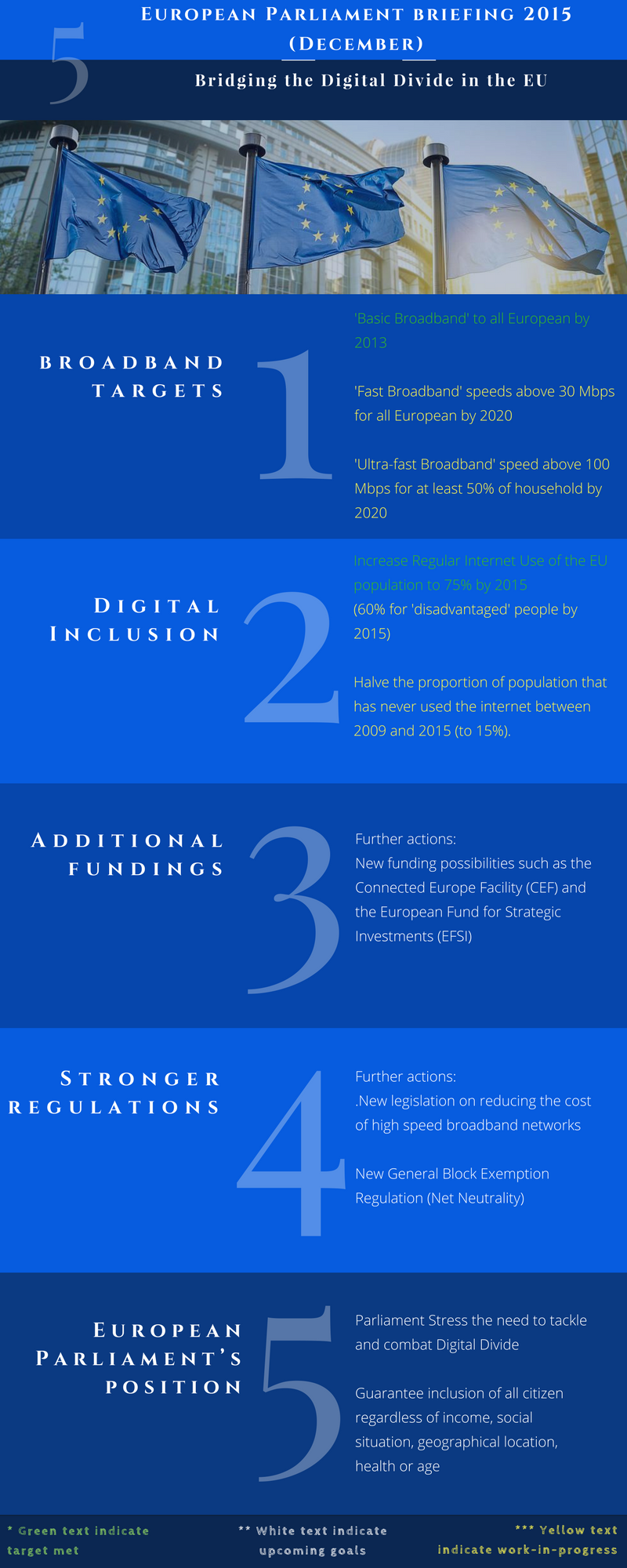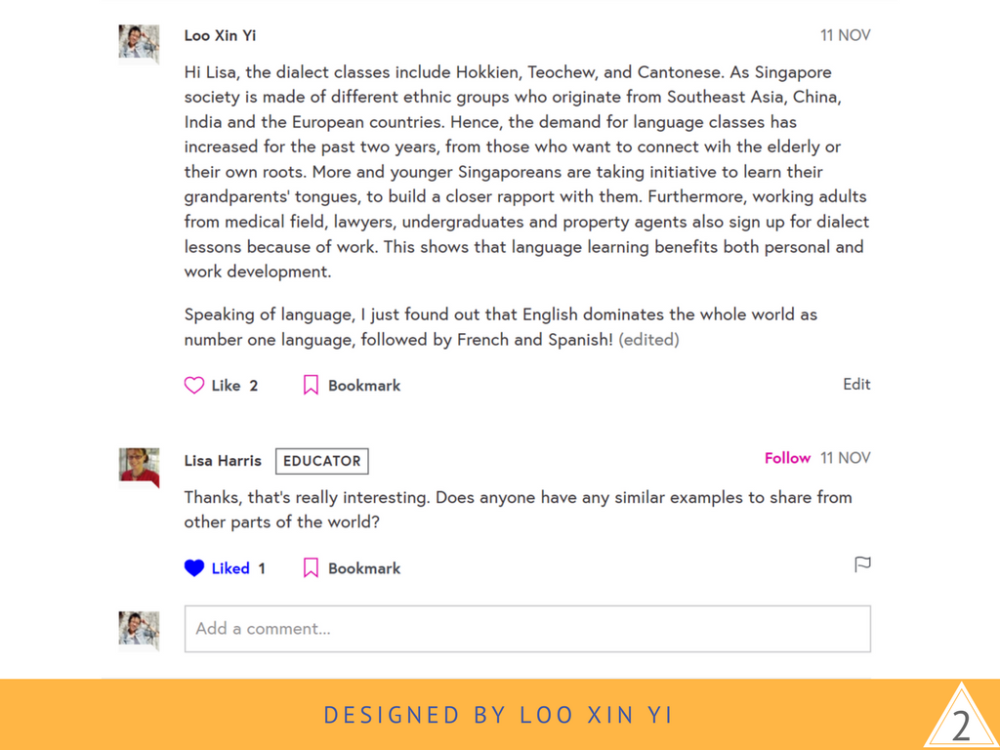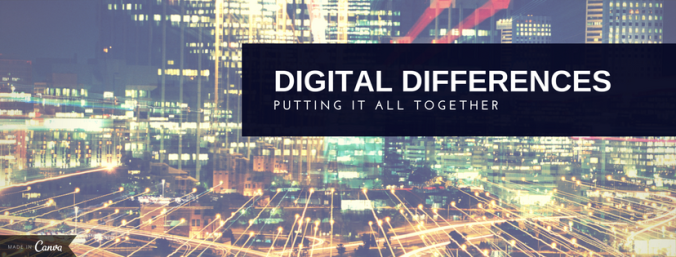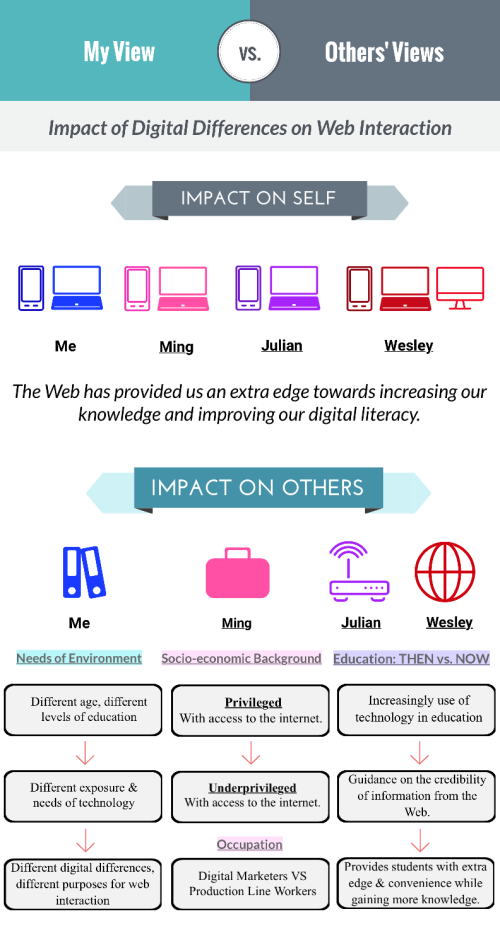
Topic 2
How do we assess the reliability and authenticity of online information?
It is important that we make sure the information found online is reliable and credible. Some information or report that we found are sometimes bias to a certain extent. Hence, it is essential to widen our network in order to judge the authenticity of the news.
After reading a short post on Filter Bubble, it dawn on me that certain information that we found are usually one sided and bias.
Continue reading →

